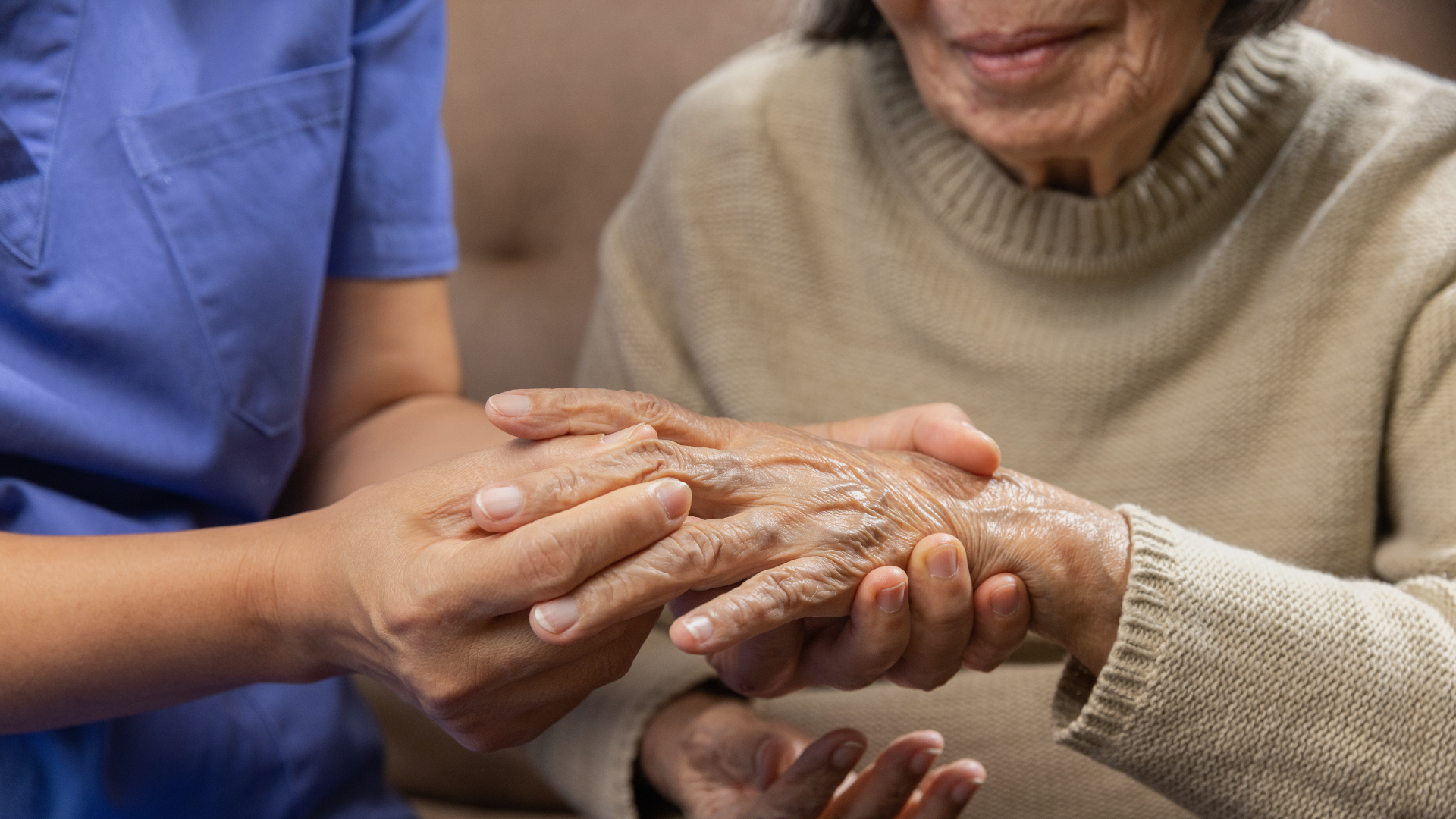
Chronic pain is a common issue among the elderly, significantly affecting their quality of life. Understanding the causes, symptoms, and ways to support seniors with chronic pain is crucial for caregivers and family members. This blog will explore what chronic pain in the elderly entails and provide practical tips on how to support elderly individuals suffering from chronic pain.
What is Chronic Pain in the Elderly?
Chronic pain in the elderly is defined as persistent pain that lasts for more than three months. It can be caused by various conditions such as arthritis, osteoporosis, neuropathy, and other age-related ailments. Chronic pain is not only a physical issue but also has psychological and emotional impacts, often leading to depression, anxiety, and social isolation.
Causes of Chronic Pain in the Elderly
Several factors contribute to chronic pain in the elderly, including:
- Arthritis: Osteoarthritis and rheumatoid arthritis are common in older adults, leading to joint pain and stiffness.
- Osteoporosis: This condition weakens bones, making them more prone to fractures, which can cause significant pain.
- Neuropathy: Nerve damage, often due to diabetes or other conditions, can lead to chronic pain.
- Spinal Issues: Conditions such as spinal stenosis or degenerative disc disease can cause chronic back pain.
- Previous Injuries: Past injuries, even those that have healed, can result in ongoing pain.
- Chronic Diseases: Diseases like fibromyalgia, cancer, and cardiovascular conditions can cause chronic pain.
Symptoms of Chronic Pain in the Elderly
Recognizing chronic pain in the elderly is essential for providing appropriate care. Common symptoms include:
- Persistent pain lasting more than three months
- Difficulty sleeping due to pain
- Decreased mobility and difficulty performing daily activities
- Mood changes, including increased irritability and depression
- Withdrawal from social activities and interactions
How to Support an Elderly Person with Chronic Pain
Supporting an elderly person with chronic pain involves a multifaceted approach that includes medical treatment, lifestyle adjustments, and emotional support. Here are some effective strategies:
- Medical Treatment
- Medications: Over-the-counter pain relievers, prescription medications, and topical treatments can help manage pain.
- Physical Therapy: A physical therapist can design an exercise program to improve strength, flexibility, and pain management.
- Alternative Therapies: Acupuncture, massage therapy, and chiropractic care can provide relief for some individuals.
- Regular Check-Ups: Ensure regular medical appointments to monitor and manage chronic pain effectively.
- Lifestyle Adjustments
- Exercise: Encourage low-impact exercises such as walking, swimming, or yoga to maintain mobility and reduce pain.
- Healthy Diet: A balanced diet can help manage weight and reduce stress on joints, potentially alleviating pain.
- Adequate Sleep: Create a comfortable sleep environment and establish a routine to improve sleep quality.
- Hydration: Staying hydrated can help with overall health and pain management.
- Home Modifications
- Accessibility: Modify the home to make it more accessible, such as installing grab bars, ramps, and non-slip mats.
- Comfortable Furniture: Provide ergonomic furniture that supports proper posture and reduces pain.
- Pain Management Tools: Utilize heating pads, ice packs, and supportive braces as needed.
- Emotional and Social Support
- Active Listening: Show empathy and understanding by listening to their concerns and experiences with pain.
- Encouragement: Encourage participation in social activities and hobbies to prevent isolation and depression.
- Support Groups: Joining support groups can provide a sense of community and shared experiences with others facing similar challenges.
- Professional Help
- In-Home Care: Consider hiring professional caregivers who can assist with daily activities and pain management.
- Counseling: Therapy or counseling can help manage the emotional impacts of chronic pain.
Enhancing Quality of Life for Seniors with Chronic Pain
Chronic pain in the elderly is a complex issue that requires a comprehensive and compassionate approach. By understanding the causes and symptoms of chronic pain and implementing strategies to support elderly individuals, caregivers and family members can significantly improve their loved ones’ quality of life.
At SeniorCare Companions, we are dedicated to providing exceptional care and support for seniors dealing with chronic pain. Our trained professionals are here to help manage pain and enhance the well-being of your loved ones with live-in home care or assisted living care in Long Island, NY.

